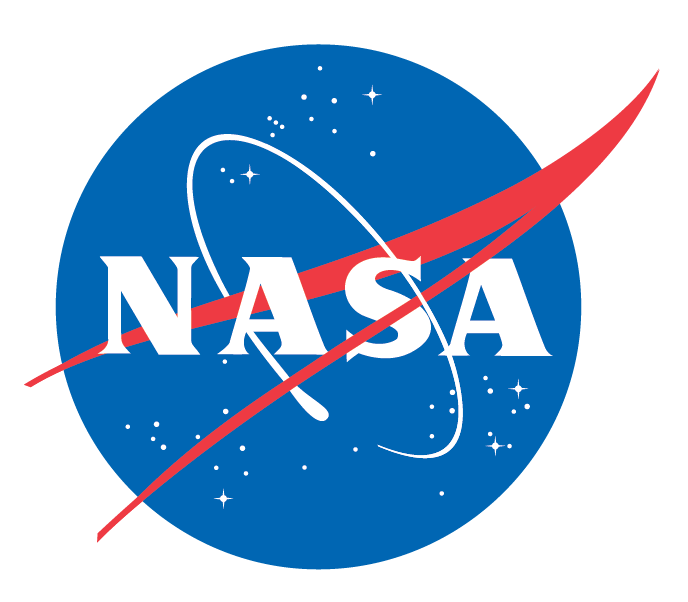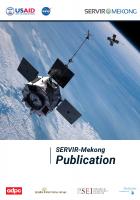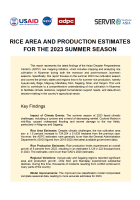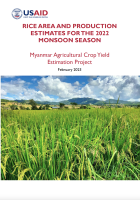International Meeting on Land Use and Emissions in South/Southeast Asia
Land use management is recognized as an important topic for the countries of south and south-east Asia for a wide variety of reasons. One of these is how land use practices contribute to greenhouse gas emissions.
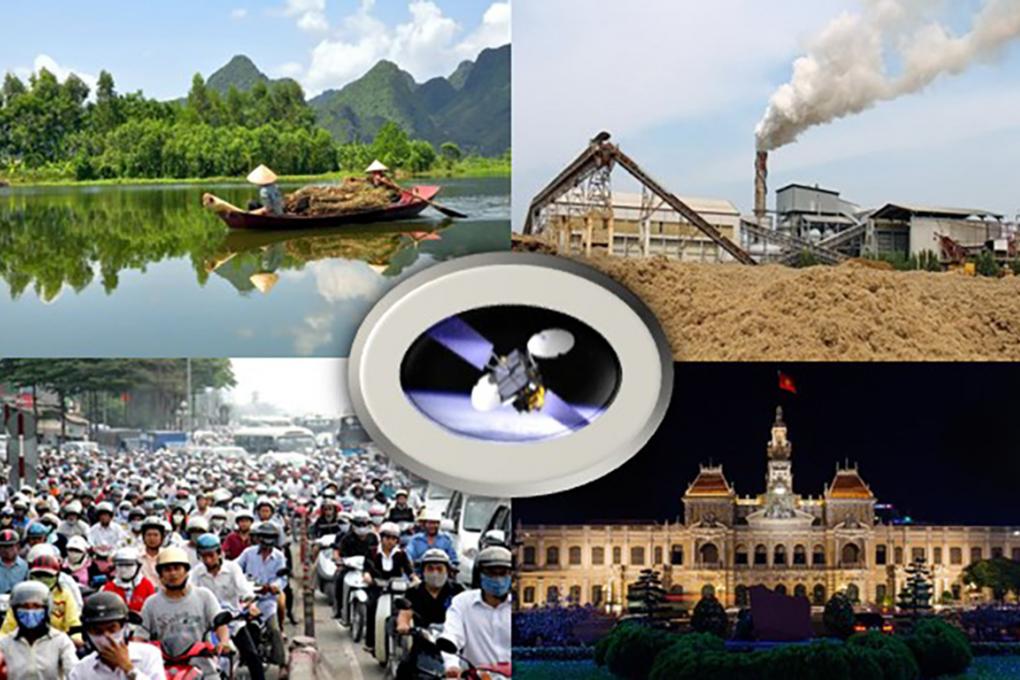
Land use management is recognized as an important topic for the countries of south and south-east Asia for a wide variety of reasons. One of these is how land use practices contribute to greenhouse gas emissions. At the recent Conference of the Parties (COP21) in Paris, France in December, 2015, 195 countries adopted the Paris Agreement towards reducing greenhouse gas emissions in order to limit the temperature increase to 1.5 °C above preindustrial levels. To meet the COP21 requirements, the capacity to monitor, assess and report greenhouse gas emissions from the Agriculture, Forestry and Other Land Use (AFOLU) sectors is essential. In addition, assessing historical and current trends of AFOLU emissions is important both for science and addressing climate change and air quality policy issues. Better data on land use can help to characterize anthropogenic forcing of the atmosphere, while providing useful constraints to carbon cycle assessments.
Despite the high relevance of this information, quantification of AFOLU emission sources and sinks remains uncertain, in particular from the south/southeast Asian countries where inventory data are poor. It is unclear how much AFOLU emissions contribute to the total anthropogenic emissions, especially in the south/southeast Asia region. Improved data, methodologies and tools to enhance countries’ capacity to address AFOLU emissions are urgently needed. Specifically, forest Monitoring and Measurement, Reporting and Verification (M & MRV) in the context of Reducing Emissions from Deforestation and Forest Degradation (REDD +) Activities needs attention to meet the United Nation Framework Convention on Climate Change (UNFCCC) reporting requirements and to address climate policy relevant questions. Although, remote sensing, ground based and empirical approaches have significant potential for emissions quantification, confusion remains among researchers and practitioners on the suitability of various methodologies including data sources for land use and emissions quantification and monitoring.
The aim of this meeting is to review the availability, potential and limitations of different data sources and methodologies for land use mapping, quantification and monitoring including impact on atmospheric environment. The meeting presentations will focus on synergies among various approaches and provide recommendations on how to improve the role of earth observations, ground data and modeling techniques for the improved understanding of land use sources and sinks. The meeting will also act as a forum to interact with south/southeast Asia researchers involved in the SARI (South/Southeast Asia Research Initiative) and GOFC-GOLD program. The meeting will be organized into following scientific sessions which will integrate Remote Sensing, Geospatial technologies, Ground based measurements, Empirical as well as Modeling approaches.
- Regional and National Science Initiatives;
- Land Cover/Land Use Changes, Forests and GHG emissions;
- GEOGLAM-Asia Rice - GEOGLAM;
- Agriculture/Water Resources;
- Urban LCLUC and emissions;
- Inventories, Monitoring and Modeling of GHG's and Air Pollution;
- Vegetation Fires and Biomass Burning Emissions;
- Aerosols and Radiation;
- Discussion Session: Regional Science Summary
Contact Information
Please visit the event website here

